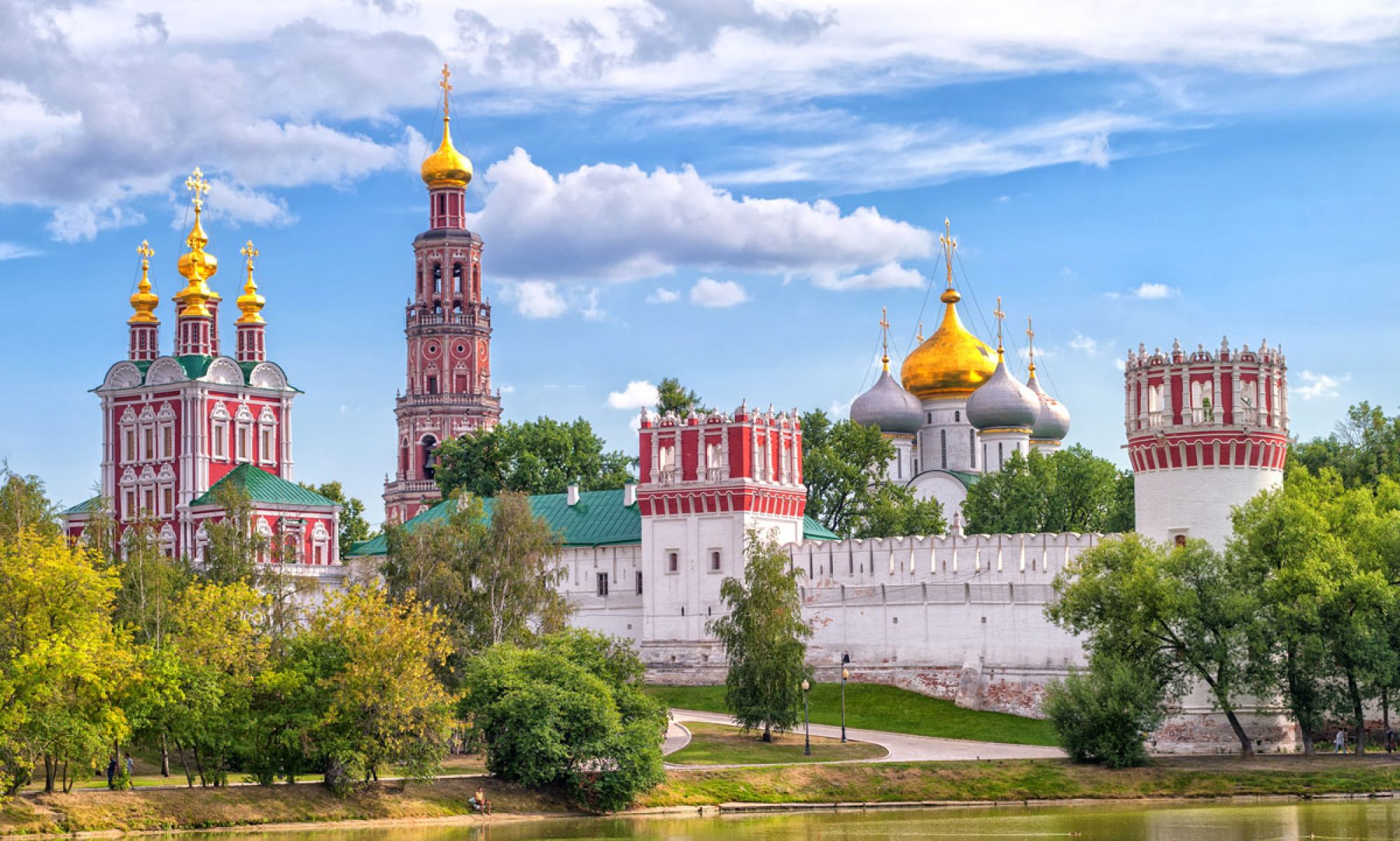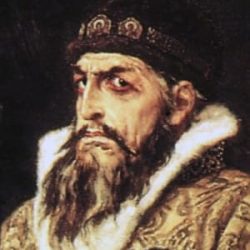Having never read any of Lenin’s writings I was surprised to see how well of a writer he was. In referring to Bloody Sunday, he paints a vivid picture of a deceitful tsar who allowed working class men, or the proletariat, to gather in protest without hindrance just to be brutally slaughtered, along with their families who had joined them. He would speak of the revolution spreading as wildfire throughout the cities of Russia and pleaded with those in revolt to continue in their exalted task of overthrowing the Russian autocracy. As we know, this would not be, at least not yet. But his words certainly carried weight during this time, and I find myself questioning how the revolution did not occur at this moment with such an extreme political instigator as Lenin at its forefront.
Team Westernizer’s Closing Statement
The Slavophiles did not not truly understand Russia. They spoke false histories, favored subjugation, and defended their arguments with a corrupted Christianity. It was not western influence that brought Russia to a point where intolerant autocrats flourished. Rather, it was its established institutions that halted western progress, such as Orthodoxy. This distortion of Christianity, altered by man to better suit himself, allowed the Slavophiles to defend the oppression of the Russian people by an all powerful tsar in the name of “moral freedom”, This contorted view of the rights of man is the very thing responsible for Russia’s status at the time, further strengthened by the false histories the Slavophiles would spew. The popular view among them, that in the beginning of Russia’s history they favored foreign rule rather than their own, is a myth. And their argument than an absolutist government is the only form able to rule over Russia is contradicted by their aggravation with what was their current ruler: An absolutist behaving as an absolutist.
Reform under Peter the Great
Under Peter I Russian society advanced at an unprecedented rate. He created a new governing institution, the Senate, to rule in his absence, which would eventually become a permanent body; He adopted the Western European calendar, which counted the years after the death of Christ rather than the creation of the world, and decreed that all “men of rank” must shave their beards, further identifying Russia with Europe. All this enacted relatively early in his reign. These reforms largely spawned out his time spent in Europe traveling with his embassy, an unprecedented move for a tsar to make. It was after these travels that he enacted the many reforms stated above, serving as the beginning of his “westernization” of Russia. To this end, Peter the Great instituted compulsory education of the nobility, while also advocating for Russian students to travel to foreign schools to learn, believing it necessary to effectively westernize Russia. If a child of nobility would avoid this education, he would be forbid to wed. His dedication to the intellectual enlightenment of the Russian people would not end there, as later into his reign he would establish and fund an academy in Russia, focusing on the advancement of science and technology. It is through these educational reforms that Peter firmly established Russia as a modern nation and even guaranteed further advancement long after his death; for it is through these educational institutions that further innovation would come. Peter also established a Table of Ranks during his rule as tsar, a system that only considered the merit of the individual, rather than his status in society. This ranking system consisted of 14 levels and corresponded to both military and civilian roles. Under this system, an individual could even attain nobility if they reached a high enough rank. Curiously, one of the many rules attached to the Table of Ranks stated that the wife of a man of rank held the very same rank, an unusual statute in a society that often kept women in seclusion. Even with this large step forward in consideration of an individual by what he can offer rather than what he has, Peter had also taken a step back with his establishment of the rule of Primogeniture earlier in his reign. This law would forbid the division of property among the children of a wealthy man after his death, and only allow the oldest son to receive the property. Overall, Peter’s steps to westernize Russian society was indeed successful. Whether or not it was good for Russia is for the individual to decide.
Discussion Questions:
- From the beginning of his reign, Peter the Great saw himself as a servant to the state, rather than its master. Would it be reasonable to say that Peter served as the first example of a nationalist leader in Russia?
- When Peter first decreed that all “men of rank” were to shave their beards, he went directly against a major belief held by the orthodoxy. Why wasn’t there an all out revolt by the citizenry of Russia? After all, this law directly questioned the faith.
- Did Peter act too quickly in his Westernization of Russia? Would some of his failed reforms, such as the reform of 1719 separating administrative and judicial powers in Russia have survived if it had not been so hastily instituted?
- Concerning the appointment of officials, Peter I always considered an individual by their merit, rather than their status. How much of a catalyst do you think this served as when considering the many revolts under Peter’s reign?
- It is stated in the text that Peter the Great admired Ivan the Terrible. Even so, he ruled very differently from the former autocrat. Did you notice any similarities between the two despots during your reading? (Pg 190)
- Only a single year passed during Peter’s reign without war. What does this say about his dedication to attaining his goals? Do you think that this was, overall, good for Russia?
- What do you think Peter’s most impactful reform was? Why?
- One of the Rules attached to the table of Ranks was that the wife of a man that attained a rank held that same rank, and would advance in rank as he did. Why do you think the tsar felt this necessary?
- What do you think Peter wished to achieve by instituting compulsory education?
- Do you consider the establishment of primogeniture a step forward or a step backwards?

